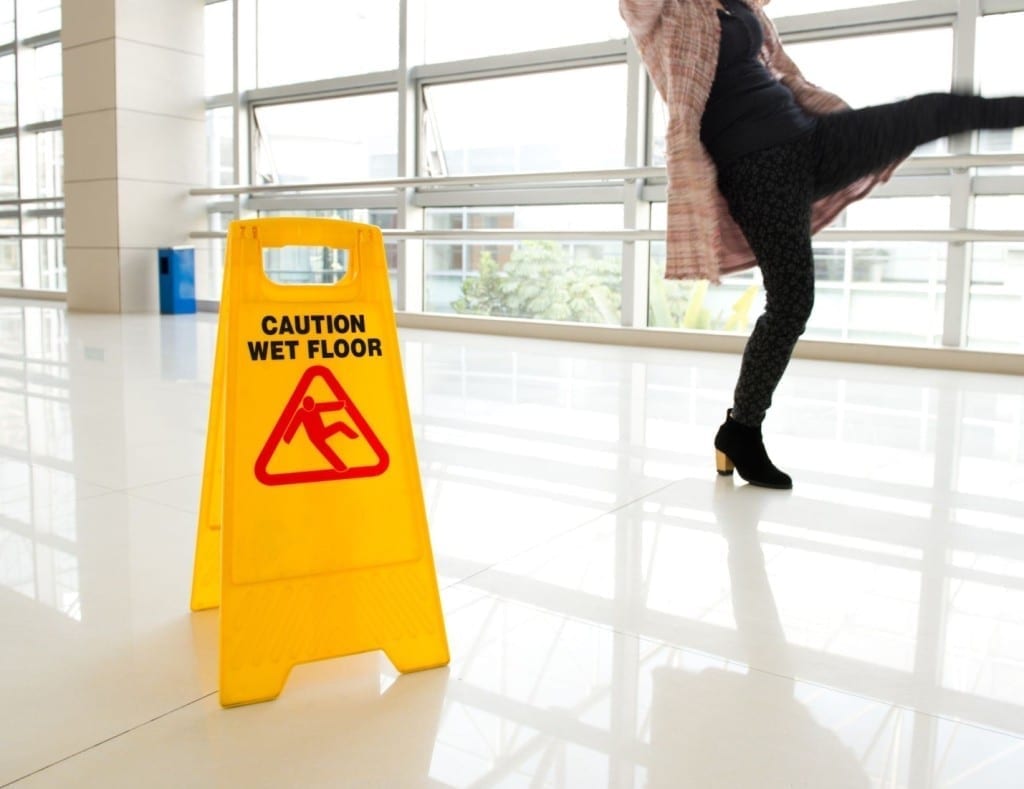Vacationing in style. For some, that is synonym with spending hours tasting the wines and pastries at exquisite French restaurants, while taking long strolls hand-in-hand admiring historic boulevards on the romantic streets of Paris. Others cannot imagine the perfect vacation without the exuberance and excitement of cities with an active night life such as New York, where the local energy and vibe are a guaranteed recipe for success. Yet others consider it a luxury to run away from the noise and tumult of urban areas and hide in 5-star resorts on the glamorous shores of the Italian or Spanish rivieras. But for the typical American family who wants to travel in style, glamour automatically conjures the image of a cruise ship.
And it couldn’t be truer. Every day spent on a cruise is one step closer to paradise: first-class, personalized service, fine wines and specialty dining, extravagant shore excursions, personal spa trainers, and even its own “Central Park” could easily transform a cruising vessel into a glamorous floating city. As long as you’re feeling well and having fun, a cruise ship is the best place in the world to spend an unforgettable vacation, for you and your entire family. But as soon as one of you gets sick, you’re on your own, and the five-star floating paradise can easily turn into living hell.
Sick at Sea? Not Our Problem!
The issue of health at sea was brought into question once again after the nonprofit organization for customer protection ConsumerReports.org published last week an in-depth article titled “7 Things to Know about Medical Care on Cruise Ships.” The article warns tourists contemplating the idea of taking a cruise about the realities of on-board medical facilities – quite different from the glamorous, high-end amenities usually advertised.
First off, tourists should be well aware of the fact that cruise ships are not hospitals. Even though there are always doctors on board – sometimes trained to provide emergency medical care, although not required by law – the medical facilities resemble more “walk-in care clinic” than a fully-equipped medical hospital. People who have recently undergone surgery, are under medication treatment, or have chronic conditions that require strict medical management are well advised to stay home, or at least not take a cruise and end up in the middle of the Caribbean when time comes for their next dialysis.
Not even those who suffer from the occasional migraines or back pain should rely too much on the cruise ship’s medical services: for each drug sold on the ship, including prescription medication, over-the-counter drugs, or even sea sickness pills, passengers will be charged full price. And that is if you’re lucky and they have the pills you need on board – they often don’t, and you’ll have to wait to get a refill from the next port.
The worst part is, if you need emergency medical care in the middle of the sea, chances are you will not be able to receive it, and that’s, obviously, not the cruise line’s fault. What they may be able to provide on short notice includes IV fluids, stitches, and first-aid treatment, but for anything more serious than that, you will most likely be disembarked at the next port of call, regardless of your wish. You will be admitted to a local hospital, where you should expect different medical care standards from those you’re used to back in the U.S., and arrange the trip back home yourself once you’re recovered.
“What if you have a heart attack or develop appendicitis miles from dry land? Don’t assume the Coast Guard will airlift you out. Bad weather can make flying a helicopter dangerous, and the Coast Guard isn’t obligated to take that risk. Even in calm waters, if the ship is 500 miles or more away from shore, it’s unlikely that the Coast Guard will respond, “said Ross Klein, Ph.D., author of “Paradise Lost at Sea: Rethinking Cruise Vacations,” interviewed by the organization.
If We Can’t Make You Feel Better, We Certainly Can Make You Sick
Ironically, you can board the ship a healthy man and disembark it with an infection, a gastrointestinal disease, a respiratory disorder, or just seasick to your stomach. Now, granted, some of these conditions may have been present in some patients prior to boarding the vessel, but it stands to reason that passengers and crew members coming from a wide array of countries, who may or may not be vaccinated, make up potential risk groups for disease. Infection and disease may be easily spread, given that cruise ships are closed settings, and then impossible to control.
Considering how much attention has gotten lately in the news, surely everyone has heard of the infamous norovirus, infection that causes vomiting, diarrhea, and gastrointestinal pain. Norovirus infection is, by far, the most common of traveler’s diseases, and it’s directly linked to dietary choices and sanitary conditions on ship. Only over the last few months, there have been several cruise ships to report virus outbreaks, including the Crown Princess, the Grandeur of the Seas, Maasdam, Explorer of the Seas, and a couple others. CNC estimates there have been eight reports of Norovirus infections in the first 13 weeks of 2014.
Aside from the many infections, disorders, and diseases passengers are at risk of contracting at sea, there is also the issue of slips and falls. The Centers for Disease Control and Prevention estimate that injuries from trips, falls, or slips make up 12-18 percent of all medical visits on board. The risk is higher for the elderly or for passengers using a cane or a wheelchair which, in contact with a poorly signaled wet deck, can easily become a recipe for disaster.
Traveling at sea is, no doubt about it, a luxurious and glamorous experience, but, unfortunately, when things go wrong, they can go worse. An ounce of prevention is worth a pound of cure, but what do you do when you become the victim of others’ reckless and careless behavior, which may end up putting your health and well-being at risk? Contact us to talk about any mishap you’ve been the victim of while on a cruise, and we’ll let you know how you can obtain the compensation for your injuries and suffering.
About the Author
Andrew Winston is a partner at the personal injury law firm of The Law Office of Andrew Winston. He has been recognized for excellence in the representation of injured clients by admission to the Million Dollar Advocates Forum, is AV Rated by the Martindale-Hubbell Law Directory, and was recently voted by his peers as a Florida “SuperLawyer”—an honor reserved for the top 5% of lawyers in the state—and to Florida Trend’s “Legal Elite.” His experience in successfully handling numerous cruise ship accident cases recommends him as one of the most competent and skilled lawyer in the area of maritime personal injury law and wrongful death.









